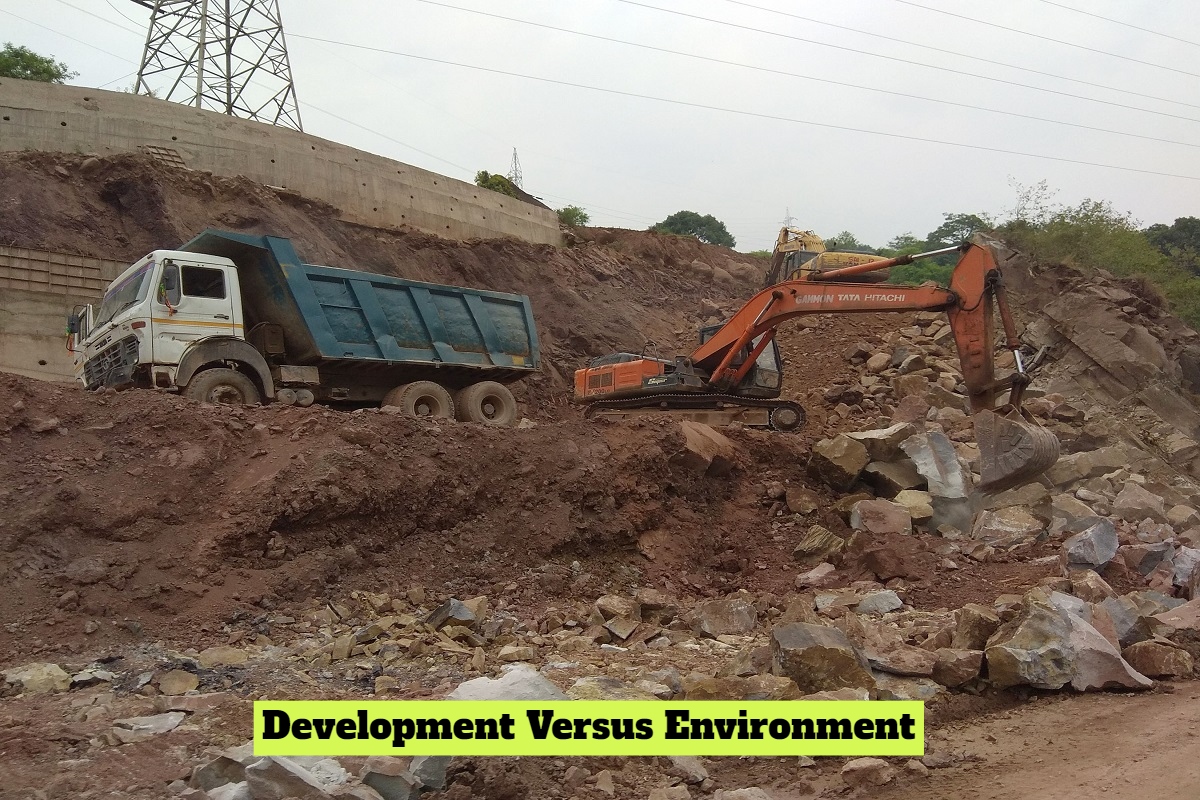

By A Special Correspondent
First publised on 2023-02-13 08:01:26
It is
welcome that the green bench of the Supreme Court has now changed its
inflexible approach of denying permission for developmental projects if they
were in conflict with environmental protection. The bench cleared more than 118
stalled projects, some of them for more than 5 years, in a rush of orders last
week. The court argued that while protecting the ecology and environment for
future generations is of utmost importance, so is the fact that people living
in remote areas benefit from development of infrastructure and accidents are
prevented by building bridges.
The
development and environment concerns debate is very old and has now been
escalated to a point where each and every project faces problem. While there is
no denying that the state sometimes overrides all environmental concerns to
bulldoze projects and needs to be stopped, the fact is that in many other
projects, small concerns that can be addressed locally are sought to be magnified
unnecessarily to delay projects.
As the
Supreme Court said, delaying projects escalates their cost and states have to
approach the apex court for even small and trivial matters. The court
categorically said that projects which are not only necessary for development
but also for the safety of the citizens cannot be stalled. In changing its inflexible
stance, the court was mainly guided by making fruits of development available
to all citizens, especially those living in remote areas and also making the
lives of citizens safer. But it also said that no such work can be carried out
in forest areas falling within national parks and wildlife sanctuaries.
While this
approach of the apex court cannot be faulted, there are issues of concern that
need to be looked into. For instance, the extraordinary situation developing
due to the unhindered construction activities in hilly areas or areas prone to
subsidence, as being witnessed now in Uttrakhand, needs to be addressed. In the
name of development, a free licence cannot be given to all and sundry to play
havoc with the ecosystem. Also, state governments sometimes hide the real facts
when notifying a project (for instance the exact number of trees they will
fell) and often increase the scope of the project later (after getting
environmental clearance) to cause more damage to the environment. Further, if
the government builds roads in remote places, private players start
construction activities on both sides to further damage the area. Then there is
the issue of efficient removal of debris from such projects.These things have
to kept in mind before batting for development over environmental concerns.











